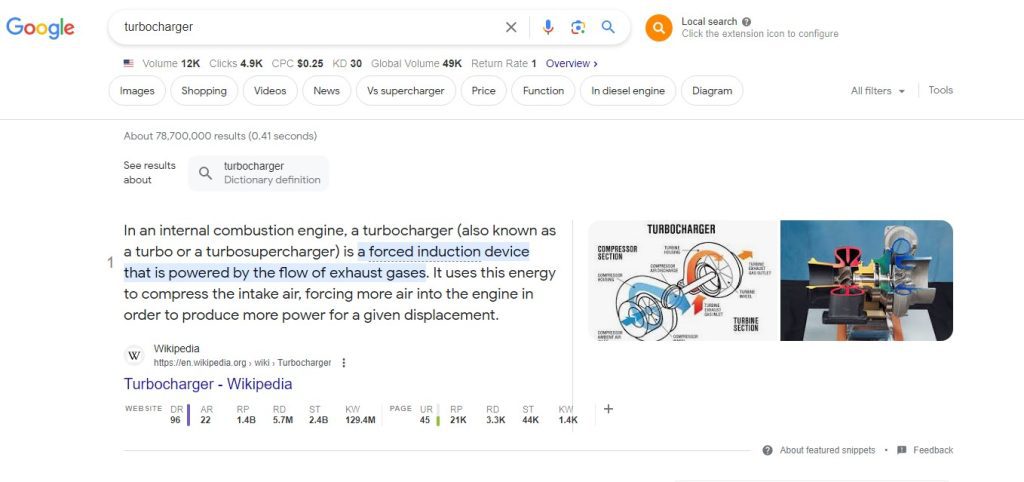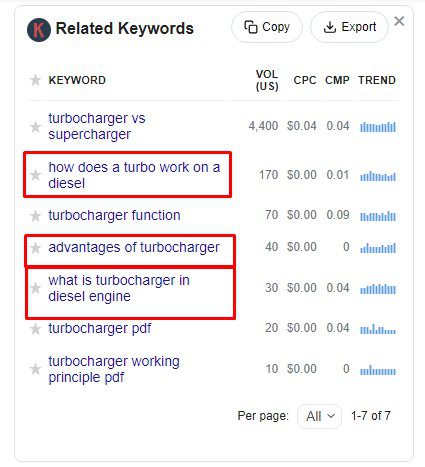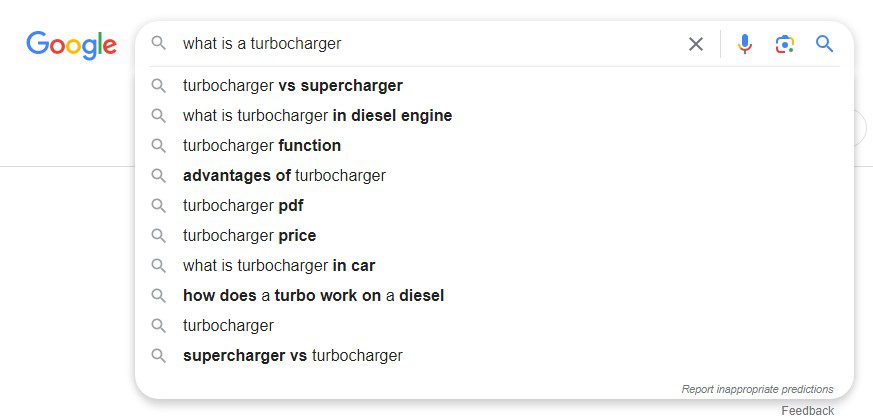With the constant evolution of search engines, SEO experts and content creators must adapt their strategies if they want their websites to rank high in the SERPs.
Topical authority has never been more important than now, and creating topic clusters is a sure way to achieve it.
But what are topic clusters, and how do they help establish topical authority online?
To answer these questions, we will define the term topic clusters, examine its structure, and provide a quick guide on how they are created.
Let’s get into it!

What Are Topic Clusters?
Topic clusters are groups of related content that provide contextual and SEO boost to one main, broader topic.
Related pages within the topic cluster are connected with each other using internal links, while all pages in the cluster are connected with the main topic page.
The term keyword clusters is a synonym of topic clusters, as all topic clusters are based on relevant and related keywords.
In fact, topic clustering begins with keyword research and ends with content creation. Today, topic clusters can boost SERPs rankings and SEO performance.
Let’s cover their importance for SEO in the following section.
The Importance of Topic Clusters
Search engines have drastically evolved over the last ten years. Even though they still have a long way to go, their understanding of the user’s intent when searching for information online has become quite impressive.
This became apparent with Google’s 2013 Hummingbird algorithm update. Since then, search queries have been analyzed based on topical relevance rather than just keyword placement and link building.
Machines could understand users’ search intent and begin grouping semantically related content relevant to the main search query.
But where is the importance of topic clusters in all of this?
The answer is that topic clusters are the basis of topical coverage and relevance. They are an integral part of a topical authority strategy that helps you contextualize content topics and show expertise and experience online.
The idea is to show search engines that you offer the best content that satisfies the users’ search intent.
The Structure of Topic Clusters
Topic clusters are structured around three main elements:
- Pillar topic
- Supporting topics
- Internal links
Pillar topic
The pillar topic is the most important part of the cluster. It serves as the main hub, which is boosted by the supporting topics.
The main idea behind the pillar topic is to provide content covering a broad subject matter.
Researching and finding the pillar topic is done by filtering broad, high search-volume keywords that are harder to rank for. But they can also be derived from entities. More on this later.
It is important to remember that pillar topics must be relevant to your niche and brand. They must touch upon important aspects of your strategy and be semantically connected to the overall goals of your website.
Supporting topics
Defining the pillar topic is the first step. The next step is to research and find related but specific topics that explain the content of the pillar topic in detail.
The role of the supporting topics is to work together and boost the relevance of the pillar topic.
Boosting the pillar topic relevance is important for both users and search engines. But it is also important for promoting your website’s goal and brand.
The important thing to remember when choosing supporting topics is to make sure that they only cover specific, detailed aspects of the main topic.
On the other hand, the pillar topic should mention or reference each supporting topic even once. This provides natural interlinking possibilities through keyword-rich anchors.
Discovering supporting topics is done using keyword research, which we will cover later.
Internal links
The third element of topic clusters is internal links. Although internal links are less relevant than external links regarding ranking, they are important in establishing topic authority.
They help search engines understand the following:
- How is your content related?
- Which pages are the most important?
- The level of authority of your website.
Internal linking, however, mustn’t be used randomly. It must be placed logically and strategically across all pieces of content.
Every supporting topic must point to the pillar topic, preferably using an anchor text that matches the main pillar topic keyword.
The supporting topics should also point to each other, depending on how closely they relate.
The pillar topic must also point to every supporting topic, with the only difference being that the anchor text should be descriptive, not exact.
Developing such a topic structure ensures that your content is organized and signals to search engines that it is relevant as a whole. After all, what are topic clusters if not well-structured topics that are interlinked logically?
How to Research and Create Topic Clusters
Choose a topic
You need to choose a topic before creating a topic cluster.
The right topic should be broad enough to provide an adequate amount of topic ideas. On the other hand, it should be narrow enough to cover only one concept.
The best way to choose a topic is by researching entities.
An entity is something well-defined, unique, and distinguishable. Depending on the situation, it can be a material or non-material object. For example, the word turbocharger represents a car part with a unique function.

If you click the “Images” tab, you can find even more entities related to turbochargers:

Do keyword research
Once you find the main topic, it’s time to expand it using supporting topics.
You can effectively do that with keyword research, using some of the best SEO tools like Ahrefs, Semrush, Moz, the Keywords Everywhere Chrome extension, etc.
Enter the main topic into one of these tools and search for all variations and subtopics people seek.
You should choose the best-supporting topics mainly from long-tail keywords.
You must also consider how relevant these supporting topics are not just for the main topic but for your overall website as well.
For example, here are some supporting topic ideas for the main topic of “What is a turbocharger?”

You can also use Google’s Autocomplete to find supporting topics easily:

Group keyword topics together
Once you find an adequate number of supporting topics for the main topic page, it’s time to group them together.
Grouping keywords into clusters is very important to avoid keyword cannibalization.
The main idea behind successful keyword/topic grouping is to pay attention to several factors:
- Search volume – The search volume for supporting topics is often low, between 10 -1,000 monthly searches.
- Keyword difficulty – This indicator shows how difficult it is to rank in the SERPs for a specific keyword. Supporting topic keywords should be easy to rank for.
- Semantic relevance – Supporting topic keywords must be semantically relevant to the main topic keyword. This helps search engines easily understand what the topic cluster is about.
Write the cluster pages and add internal links
The final step of building a topical cluster is to create the individual content pieces and link them together.
You must create content following the best SEO content writing rules, including expertise and real-life experience.
If you have multiple topic clusters, focusing on building one cluster at a time is a good idea. This will result in establishing stronger topical authority in the long run.
It is also important to interlink content clusters properly. Don’t just randomly add links; follow the interlinking strategy we covered in one of the previous sections.
Conclusion
Creating topic clusters is not an easy feat. You need time and focus if you want to create a topical map with hundreds of topics.
Besides, investing in a high-end SEO tool is also beneficial, as it will speed up your workflow and allow you to find valuable keywords easily.
Ultimately, investing in creating topical clusters pays off in the long run.
They are indicators of authority for your site, providing readers with additional and complete information on the topic they are searching for.
What are topic clusters, in your opinion? Are they the only way to achieve topical authority? What is your experience with researching and finding pillars and supporting topics?
Let us know in the comments below.
